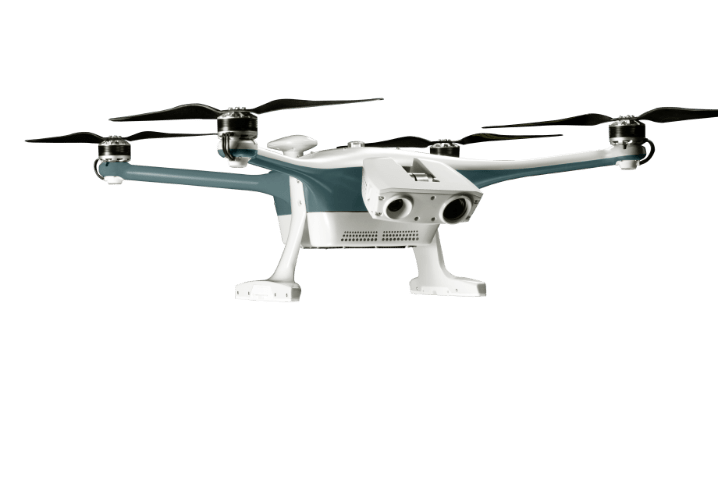Autonomous drones are unmanned aerial vehicles (UAVs) that can fly and operate without human intervention. They are equipped with sensors, software, and actuators that allow them to make decisions and take actions on their own.
Autonomous drones have a wide range of potential applications, including:
- Military: Autonomous drones can be used for surveillance, reconnaissance, and targeted strikes. They are also being developed for use in combat, where they could be used to replace or supplement human soldiers.
- Search and rescue: Autonomous drones can be used to search for missing persons or survivors of natural disasters. They can also be used to deliver supplies to remote areas or to provide medical assistance.
- Agriculture: Autonomous drones can be used to survey crops, spray pesticides, and deliver seeds. They can also be used to monitor livestock and track the movement of animals.
- Delivery: Autonomous drones can be used to deliver packages and other goods. They are being developed for use in last-mile delivery, where they could be used to deliver goods to customers’ doorsteps.
- Entertainment: Autonomous drones can be used for aerial photography and videography. They can also be used for entertainment purposes, such as racing or performing stunts.
The development of autonomous drones is still in its early stages, but the technology has the potential to revolutionize many industries. However, there are also concerns about the potential risks of autonomous drones, such as the possibility of them being used for malicious purposes or of them being hacked.
Pros of autonomous drones
- Reduced risk of human injury or death: Autonomous drones can operate in dangerous or hazardous environments without putting human operators at risk. This is particularly important in military applications, where the risk of death or injury is high.
- Increased efficiency and productivity: Autonomous drones can perform tasks more efficiently and productively than human operators. This is because they are not limited by human factors such as fatigue, boredom, or distraction.
- Improved situational awareness: Autonomous drones can collect and process data more quickly and efficiently than human operators. This allows them to provide better situational awareness to decision-makers.
- Reduced operating costs: Autonomous drones can operate at lower costs than human-operated aircraft. This is because they do not require salaries, benefits, or training for human operators.
Cons of autonomous drones
- Increased risk of accidents: Autonomous drones are still under development, and there is a risk of accidents occurring due to software or hardware failures.
- Potential for misuse: Autonomous drones could be misused for malicious purposes, such as carrying out attacks or delivering illegal goods.
- Privacy concerns: Autonomous drones could be used to collect data about people without their consent. This could raise privacy concerns.
- International legal challenges: The use of autonomous drones raises a number of international legal challenges, such as the question of who is responsible for the actions of autonomous drones.
Conclusion
Autonomous drones have the potential to revolutionize many industries, but there are also a number of risks associated with their use. It is important to carefully consider the pros and cons of autonomous drones before deciding whether or not to use them.
In addition to the potential risks and benefits listed above, there are a number of other factors that need to be considered when evaluating the use of autonomous drones. These factors include:
- The specific application for which the drones will be used. Some applications, such as military use, are more likely to raise ethical and legal concerns than others.
- The level of autonomy of the drones. Drones that are fully autonomous are more likely to raise concerns than drones that are remotely operated by humans.
- The technical capabilities of the drones. Drones that are equipped with advanced sensors and software are more likely to be able to operate safely and effectively than drones with more limited capabilities.
The use of autonomous drones is a complex issue with a number of potential benefits and risks. It is important to carefully consider all of the factors involved before deciding whether or not to use them.
